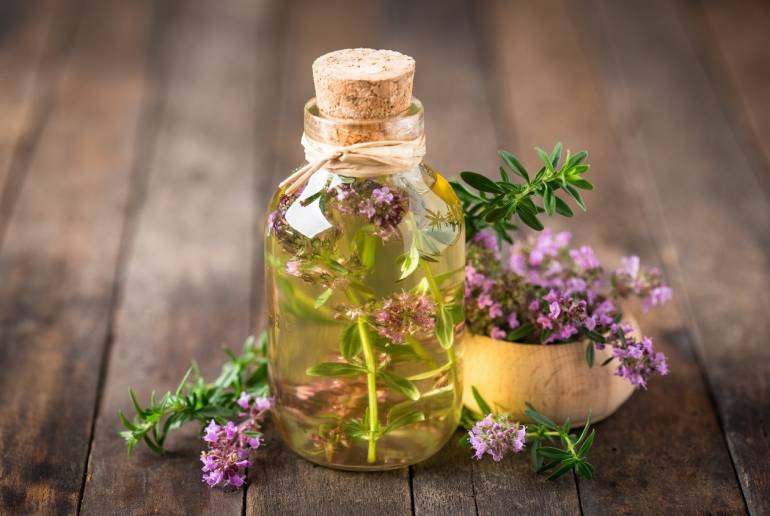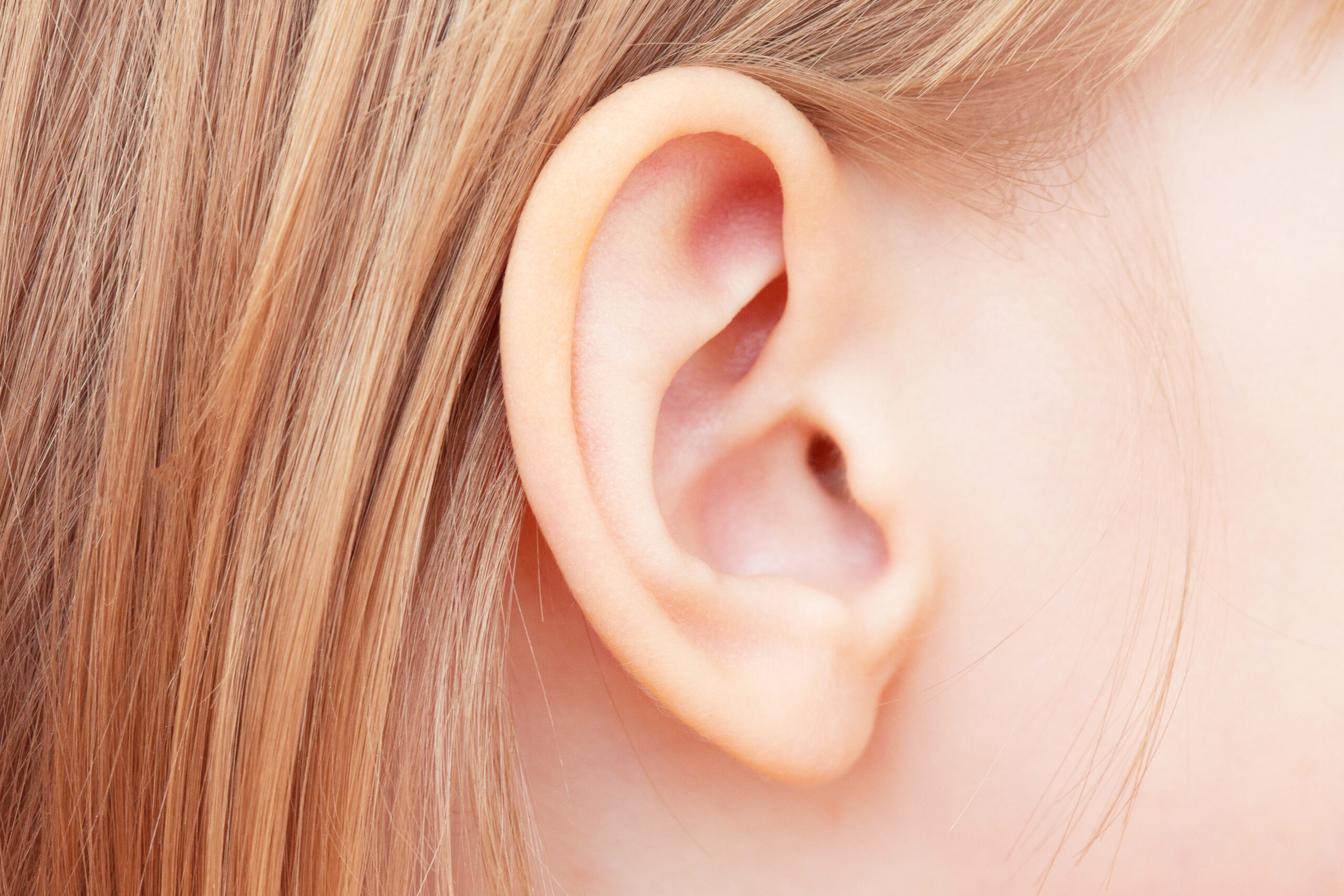Inflammation in the oral mucosa is a very painful problem, Which makes it very difficult to eat and drink beverages. Then we look for a preparation that will alleviate the discomfort and eliminate inflammation. It is then worth reaching for herbs that alleviate these ailments. Which ones work best? Here’s a little hint.
Oral inflammation – who is more predisposed?
For some, inflammation of the mucous membrane happens to them much more often. We are talking about people during puberty, menopause, or pregnancy. External factors, such as mechanical, physical or thermal trauma, also promote the formation of lesions in the oral cavity, which often spread over larger areas as a result of secondary bacterial, viral or fungal infection. Other factors predisposing to oral inflammation are:
- malabsorption, or other gastrointestinal dysfunctions and associated vitamin deficiencies,
- diabetes,
- HIV infection,
- diseases of the hematopoietic system, such as leukemia,
- anemia,
- Endocrine disorders in women,
- The presence of Helicobacter pylori causing an increased risk of gastric and duodenal ulcers,
- Food and contact allergies and celiac disease,
- stress.
How to recognize inflammation in the oral cavity?
The lesions can localize in spots, or occupy almost the entire oral cavity. The resulting inflammatory foci are in the form of blisters, redness, erosions or ulcerations. When a yellowish-colored plaque appears around the lesion, we then speak of thrush in the mouth – they are similar to aphthas, i.e. small cavities in the mucosa, but they are not so painful. The characteristic symptoms of inflammation in the oral cavity are just pain, itching, burning spontaneously or under the influence of warm or acidic foods and drinks, as well as reduced saliva secretion, causing dryness of the mucous membranes.
What for inflammation in the mouth?
The symptoms accompanying either focal or disseminated oral lesions are very unpleasant, as they cause great discomfort and make it difficult to eat, drink and even speak freely. Not surprisingly, we then look for a preparation that will quickly bring relief. The best thing to do then is to reach for a dental gel based on herbal ingredients. So what herbs are helpful in oral inflammation?
Sage
The tannins, carnosol and essential oil have potent bactericidal and fungicidal effects. That’s why sage is so effective for all sorts of infections in the oral cavity and is great for both moles, thrush and inflammation of the gums and periodontium, as well as bleeding.
Pedunculate oak
Oak bark extract is rich in tannins, compounds with astringent, antiseptic, but also, importantly in the case of infections in the mouth, virostatic effects. Tannins also have a beneficial effect on the walls of blood vessels, and thus seal them and stop minor bleeding. In addition, their activity against staphylococci is sometimes even stronger than when antibiotics are used.
Marigold
The baskets and flowers of marigold contain the most medicinal compounds. In them you can find saponins, as well as organic acids, bitters, polysaccharides, coumarins, or triterpene alcohols. As a result, calendula is very widely used both in medicine and cosmetics. It has strong bactericidal and fungicidal properties, and it is these that are used in inflammatory conditions in the oral mucosa.
Common chamomile
When it comes to inflammation of the oral cavity, 2 valuable compounds, belonging to the group of essential oils, isolated from chamomile baskets, namely α-bisabolol and spiroeter, work well here. They have an antibacterial and anti-inflammatory effect on the mucous membranes. In addition, chamomile extract accelerates wound healing and has a soothing and calming effect.
Dental anti-inflammatory gel – Mucosit
Mucosit is an oral gel containing extracts from chamomile baskets, calendula baskets, oak bark, sage leaves, which is additionally enriched with extracts from thyme herb and coltsfoot leaves. Thanks to such a composition, Mucosit is not only a great remedy for aphthous and thrush, but also works well in periodontal inflammation and as a regenerative agent after surgical procedures. Mucosit gel applied to the lesion brings relief very quickly, also providing a soothing and anesthetic effect. Mucosit also works well as a gel for gums when inflammation occurs. It can be applied up to 3 times a day by applying a small amount of gel to the lesion and massaging gently. It is an over-the-counter oral medication that should be in every home medicine cabinet, especially for those prone to inflammatory problems in the mouth.
Proper oral hygiene and care make inflammation relatively rare. If the first symptoms appear, it’s always a good idea to apply a dental gel right away, as ignoring the problem can lead to the spread of infection to larger areas of the mucosa. It is worth reaching for a preparation not only for aphthous, but for a universal product with multidirectional action, such as Mucosit.







